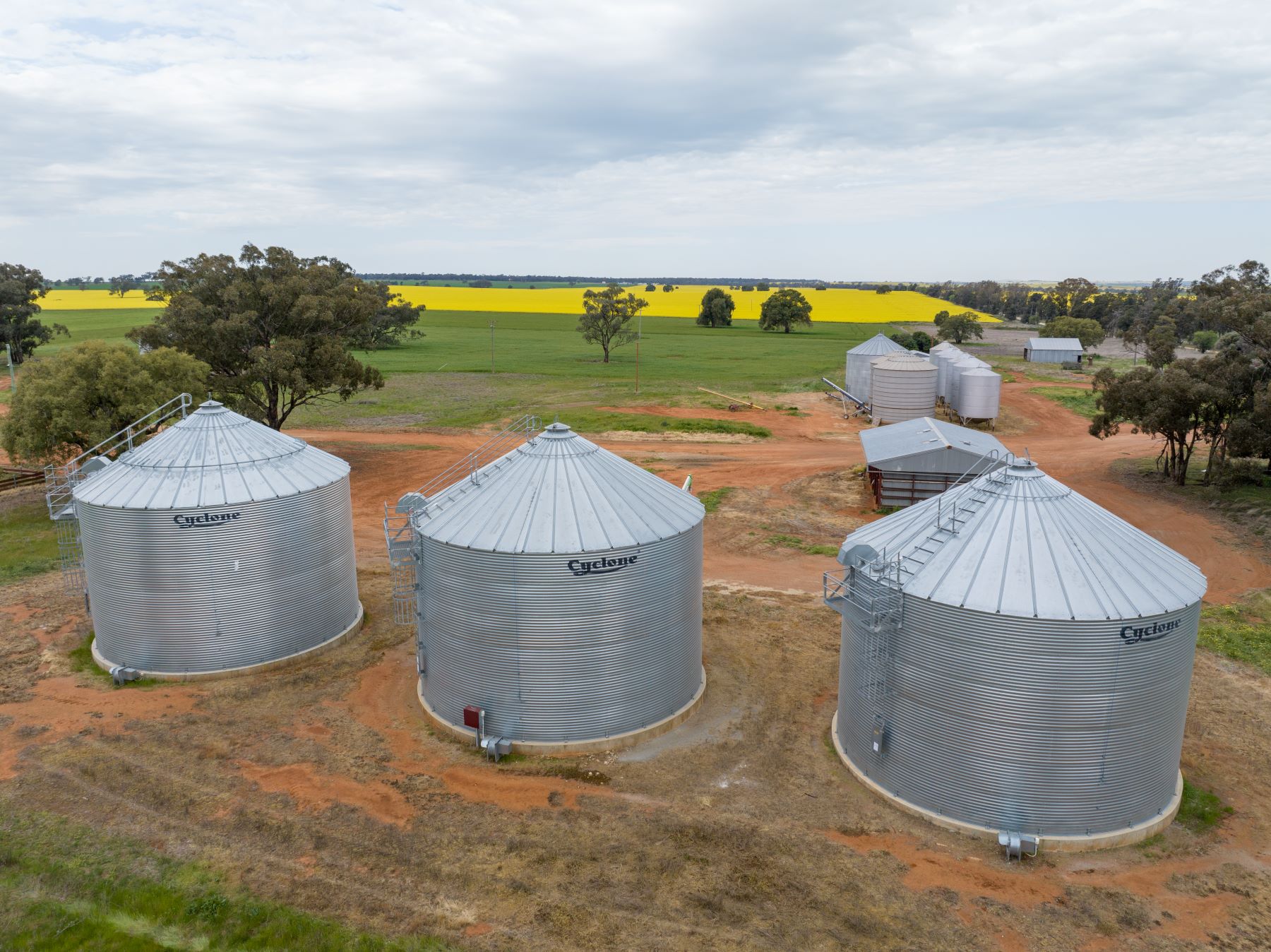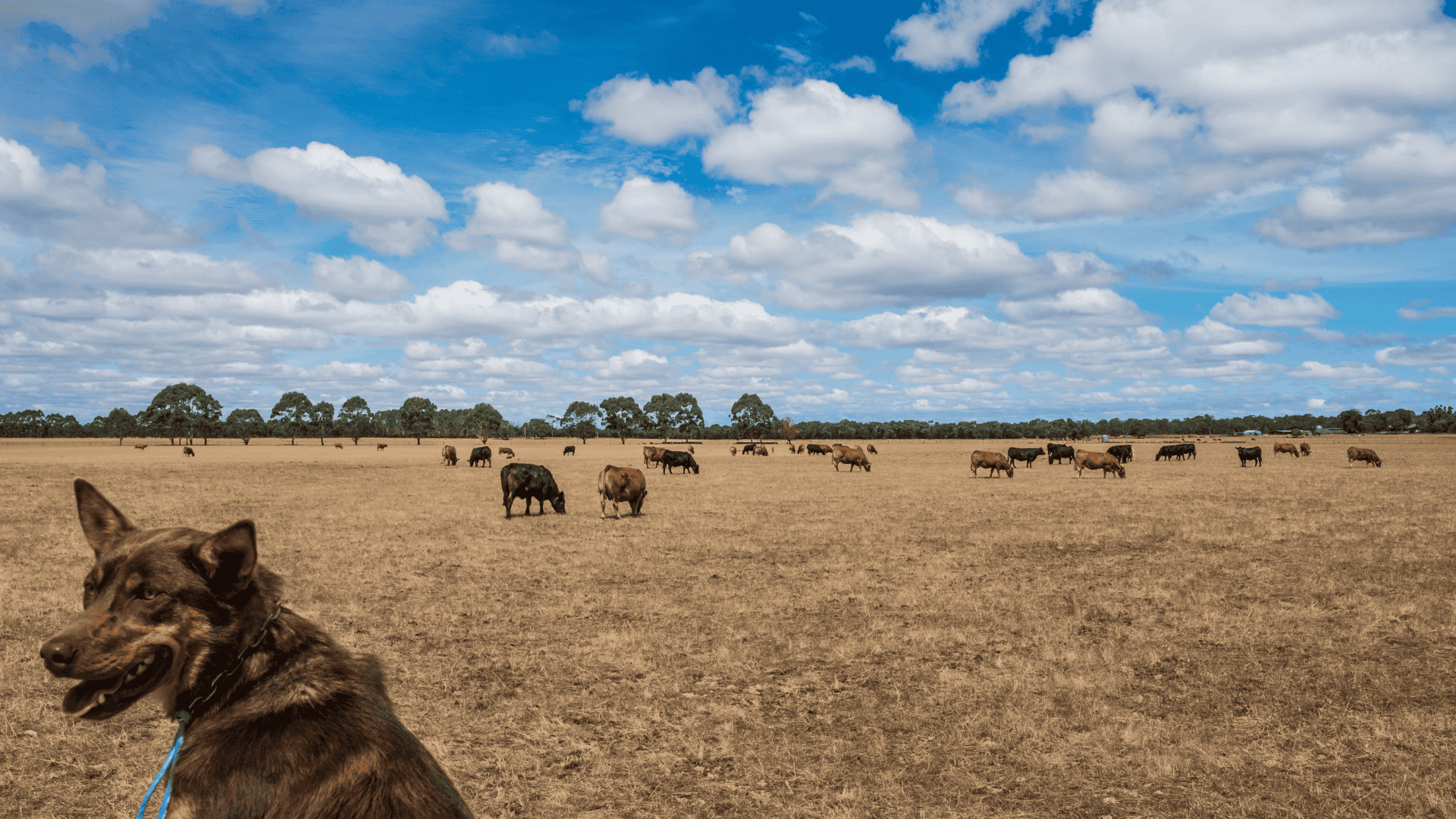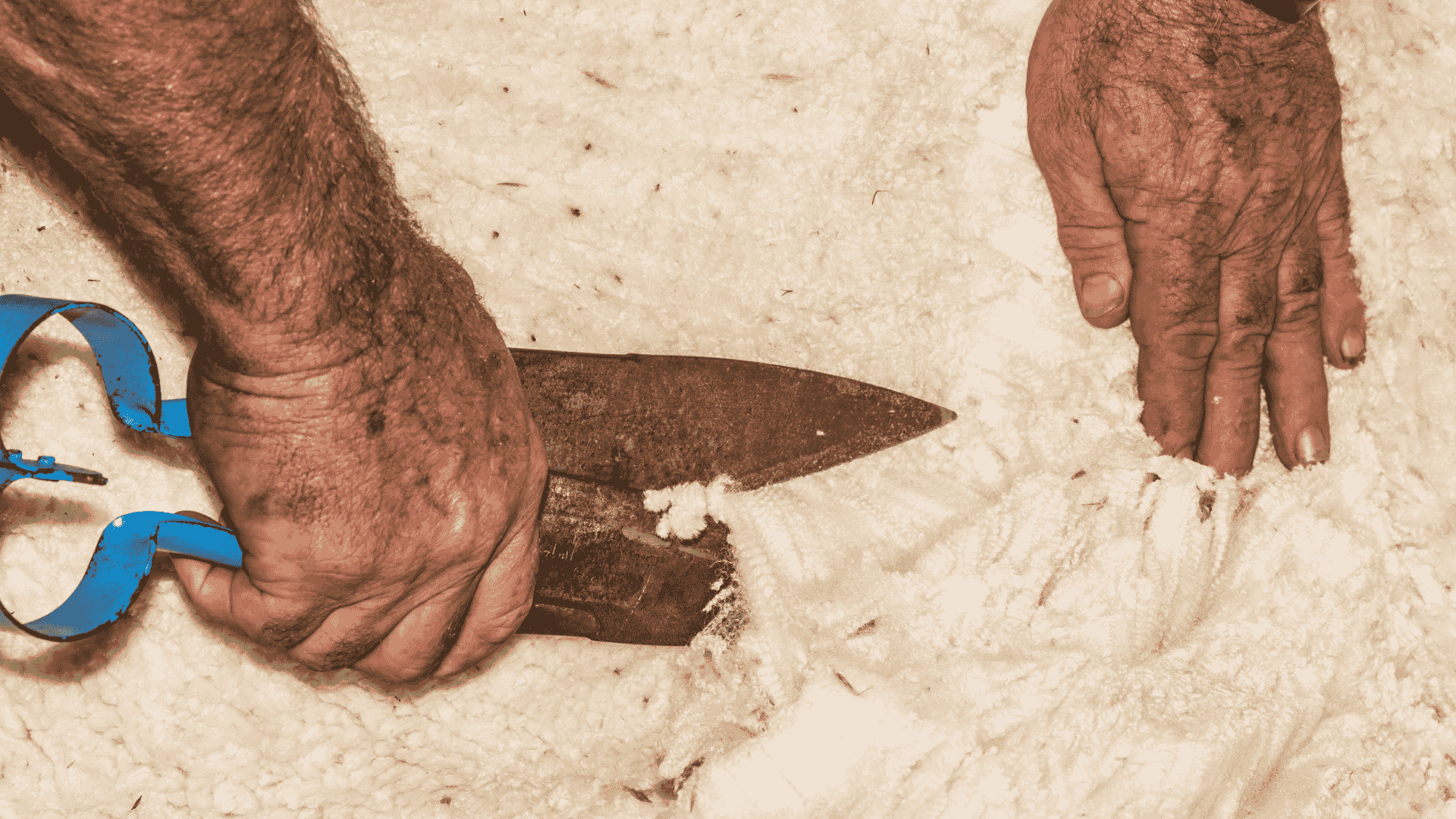Australia ag commodity prices and the Australian dollar
The higher Australian dollar has prompted questions about the likely impact on local extensive agricultural commodity prices. Mecardo has covered...

For a lot of people, having surplus funds is unusual, so let’s talk about how you can put in place a process or a plan to make the most of that when it happens.
The dust has settled on another harvest, and generally we had good yields and prices align.
That’s been the story for three to five years, so a number of farmers I’m working with are earning considerable profits.
Those who are running livestock, particularly those trading livestock, had a tough 2023.
This article will also benefit farmers who don’t have profit to spare, because it’s easier, and in many cases better, to think about what you would do with profit when the money isn’t there to spend.
Is it OK to splash some cash?
If you have a great year “blowing” some of the profit is OK. Holidays are often neglected in bad years, so now is a good time to take a trip.
Don’t be too scared to update a kitchen or bathroom. If you don’t do it in the good years, you certainly won’t in the bad years.
Splashing cash on new cars can make life more enjoyable and that’s OK too.
Providing you’re not significantly disadvantaging the business, splashing some cash on yourself isn’t a bad thing.
Planning for business and family
The first thing I suggest is that people develop a business plan or a strategic plan that will outline personal and business goals, that way you get an idea of where you are headed.
Think about what the business needs to provide for in the future including future expenses such as retirement or education of children.
All of these things will be influenced by the stage of life of the business.
It can get very tricky when the older generation is looking to retire and the young ones have fire in the belly to do all these different things.
You need to get the balance right between the generations and planning is the best way to do this because it helps take the emotion and conflict out of the decision
You’ve got to write these things down, so when you have a really profitable year you know what to do and everyone is on the same page.
Doing this kind of planning is best practice, but it is even more important when there is family conflict.
How to spend profits like a pro
When you’re thinking about investing in the business, you should be thinking about:
Increasing productivity profitably (might include major costs like sub-soil manure, lime etc).
Reducing labour or making tasks more efficient.
Reducing fuel or other energy use (know the operating costs of equipment).
Reduce risks – think about safety.
Reduce risks – timeliness of operation, such as more grain storage for harvest in wet years.
Increasing the resilience of the business in dry years (reticulated water, hay storage, irrigation schemes).
More effective marketing – on-farm grain storage.
Bring expertise into business – consultants, employees.
Decision making
This is a process, and a lot of thought should go into the decisions.
Remember to listen to gut feel as well as your head and heart.
There are some good tools to help you make a decision on any investment in a business – such as net present value, internal rate of return, benefit cost ratio and years break-even – but you can make your decision as simple or as thorough as you like.
A lot of farmers won’t be able to drive these tools themselves, particularly with the big stuff, so don’t think you have to do all this yourself — talk to your agronomist or farm business consultants. There’s a whole range of people out there who can help you with this.
A cash flow budget, sometimes out as far as five years, can be a huge help with large investment decisions.
Tax is not a reason to spend
When making investments it’s important to think about tax implications.
However, in my opinion, don’t make decisions to buy something just to minimise tax.
If it ticks all the other boxes and you can save tax, that’s great, but do not let tax drive the decisions.
While it’s important to not let an accountant or financial advisor push you to make purchases to avoid tax, it’s good to check in with them before any big purchases.
It’s even better to involve them with your long-term budgeting and planning, so you are aware of all tax implications and can make the most of any plan you want to achieve.
Off-farm investment
For some businesses, depending on what the plan is, some off-farm investment might be appropriate.
This can be included in your plan and needs to consider both business goals and the family’s personal goals and needs.
.png)
The higher Australian dollar has prompted questions about the likely impact on local extensive agricultural commodity prices. Mecardo has covered...

Last week, StoneX released its H1 2026 Australian Cattle & Beef Market Outlook report, which covers all key production forecasts for the beef...

Greasy wool prices have increased markedly this season, in the absence of any substantial improvement in macroeconomic indicators or major apparel...